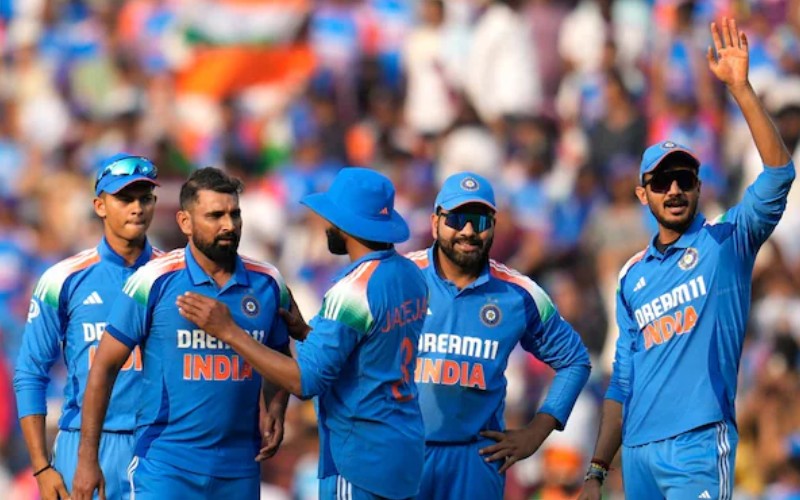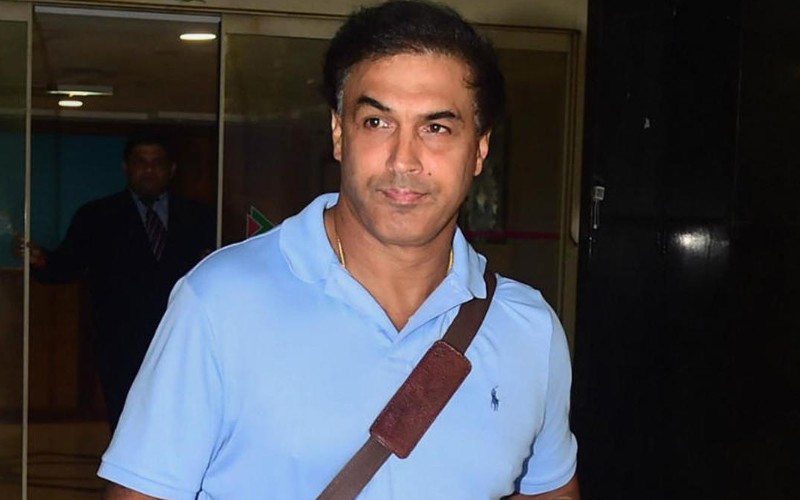Pitches have always played a crucial role in shaping the outcome of cricket matches, often becoming a point of discussion when their quality affects gameplay. Over the years, several teams have raised concerns over pitch conditions, prompting the International Cricket Council (ICC) to implement a rating system to ensure standards are met. ICC evaluates pitches based on their quality, categorizing them from satisfactory to unsatisfactory.

In major ICC tournaments, pitch conditions come under even greater scrutiny. For instance, the pitch used for the 2023 World Cup final was rated as average, while two out of the three pitches used during the T20 World Cup 2024 were deemed unsatisfactory.
As India prepares for the Champions Trophy 2025, all their matches will be played at the Dubai International Cricket Stadium, raising questions about how the playing surface will impact their campaign. India has opted for a spin-heavy squad, but recent statistics from ILT20 2025 suggest that spinners have not been particularly effective in Dubai.
ALSO READ: Dilip Vengsarkar Backs India’s Spin-Heavy Squad For Champions Trophy
Despite this, former India cricketer Robin Singh, who has previously served as the head coach of the UAE national team, believes the slowness of the pitch during daytime matches could benefit spinners. He also downplayed the role of the toss, suggesting that pitch conditions in Dubai are influenced more by natural factors.
“It’s a closed environment, so when it comes to Dubai, a lot depends on which pitch you are playing on,” Robin Singh explained, as quoted by the Indian Express. “There’s a center wicket and then pitches to the side. The sun directly hits the wickets until about 3 to 4 p.m., after which shadows form. The pitches on the left tend to be slower due to limited sunlight exposure.”

He further elaborated on how the stadium’s architecture influences pitch behavior. “Because of the way the stadium is built, sunlight is only available for a certain period. Humidity will keep conditions warm, and dew will come into play early, but it won’t necessarily decide the game at the toss,” he added.
Robin also noted that the curators are likely to prepare balanced pitches that prevent excessive turns.
He explained, “I think they have set aside specific wickets for matches. They’ll maintain a fair amount of grass to avoid excessive spin or deterioration. The surfaces should be good for batting, but batting second in Dubai is usually an advantage. During daytime games, the pitch tends to be slower, but as the game progresses into the night, conditions improve for batters.”
ALSO READ: Madhya Pradesh Mentor Backs Rajat Patidar As RCB’s Next Great Leader
As ILT20 2025 recently concluded, data from the Dubai International Cricket Stadium suggests that spinners have struggled. Across 15 matches, spinners bowled 210.5 overs, managing only 54 wickets at an average of around 30 and an economy rate of 7.53. This raises questions about whether India’s spin-heavy approach will pay off in the Champions Trophy, or if they will need to rely more on their pacers.
